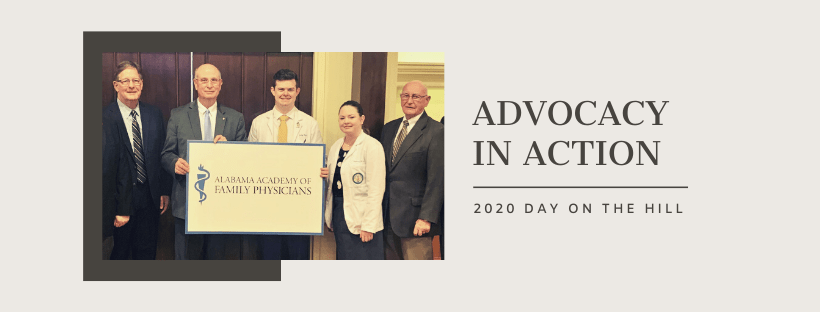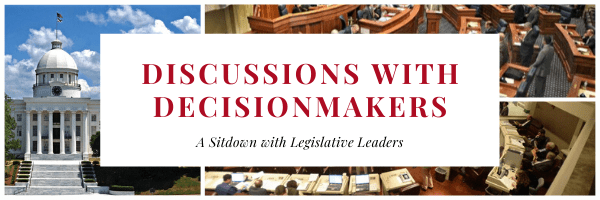Month: November 2020
-

Op-ed: Physicians are no longer on the front lines of this pandemic. You are.
John Meigs, Jr. – President, Medical Association of the State of Alabama State Health Officer is a difficult role to fill, especially this year. While partisanship and conspiracies continue to divide us, it is the job of the State Health Officer to make decisions for the good of all people throughout Alabama. This is exactly…
-

-

Discussions with Decisionmakers: Rep. Howard Sanderford
1. Please tell us a little bit about yourself – Primary occupation? Interests? Hobbies? I’m an accountant by education, and received my bachelor’s degree from Mississippi State University. Following college, I served as an officer in the U.S. Marine Corps. From there, I went to work with IBM and eventually left to open my own…